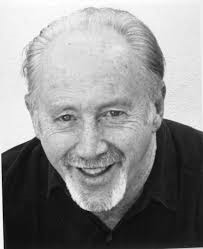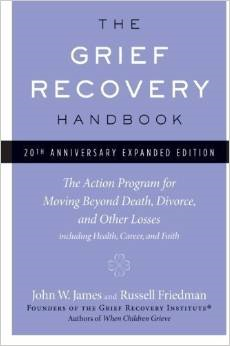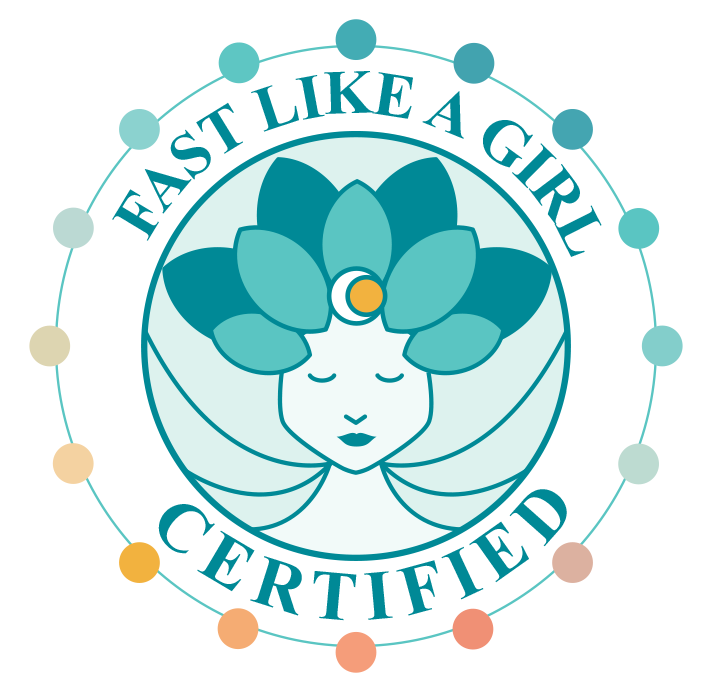“I Know How You Feel” – Do I Really?
 Wow – I know I have said this in the past and believed that I meant it.
Wow – I know I have said this in the past and believed that I meant it.
Russell Friedman explained to a group of Naturopathic Physicians at a conference on June 7 why we should never say “I know how you feel.”
The short of it is that it sounds like you are extending empathy, but you are not acknowledging that the person in front of you has their own unique response. Even if you experienced a similar situation, it is never the same, so you cannot really know how they feel. The person hearing this response most often does not feel heard, and there is no opening for them to express their own feelings.
He went on to explain more of what not to say, then touched on how a grieving person may find completion. Here are the highlights to inspire you to get The Grief Recovery Handbook if this sounds right to you.
Dealing with Loss
“Most of us rely on old ideas to deal with whatever crisis confronts us. Even though we could show you that most of the ideas you learned about dealing with grief are not helpful, you may fall back on them when faced with the painful thoughts and feelings caused by loss.”
John W James and Russell Friedman
The Grief Recovery Handbook
 Loss could be
Loss could be
- Major health changes
- Holidays
- Financial changes – positive or negative
- Death of a pet
- Moving
- Starting school
- Marriage
- Graduation
- End of addictions
- Death of a former spouse
- Legal problems
- Retirement
- Empty nest
- Loss of trust
- Loss of safety
- Loss of control of one’s body
Grief
“Grief is the normal and natural reaction to loss of any kind. Therefore, the feelings you are having are normal and natural for you.
Grief is the conflicting feelings caused by the end of or change in a familiar pattern of behavior.”
People have some common responses to grief. They are:
- Reduced concentration
- A sense of numbness.
- Disrupted sleep patterns.
- Changed eating habits.
- Roller coaster of emotional energy.
Everyone is unique, there are no predictable patterns. When Elizabeth Kubler-Ross did her pioneering work with dying people, she identified five stages that a person may go through. Even she said that everyone may not experience them: denial, anger, bargaining, depression, and acceptance. Unfortunately, these stages have been generalized to apply to all sorts of emotions, especially those that arise after a loss. This can hinder a person’s completion process.
Myths
There are many concepts, beliefs, and ideas that we have been trying to use in dealing with losses in life. Do any of these sound familiar? Have they been said to you, or have you heard them come out of your own mouth?
- “Get a hold of yourself.”
- “You can’t fall apart.”
- “Keep a stiff upper lip.”
- “Pull yourself up by your bootstraps.”
- “We understand how you feel.”
- “Be thankful you have other children.”
- “The living must go on.”
- “He’s in a better place.”
- “All things must pass.”
- “She led a full life.”
- “God will never give you more than you can handle.”
- “You shouldn’t be angry with God.”
What do you relate to from your own experience? It is useful to identify which beliefs you have been using to deal with grief in order to see whether they are helpful or hindering completion.
Grief is a natural human response that lets us know that, for the moment, things are different from a time before the loss. Yet, comments like these imply that there is something wrong with feeling overwhelmed, lost, frustrated, confused and more when a major loss occurs in life.
Russell Friedman and John W. James have observed that our culture habitually handles loss in a few predictable ways. They sum up the myths this way:
- Don’t feel bad.
- Replace the loss.
- Grieve alone.
- Just give it time.
- Be strong for others.
- Keep busy.
There is no blame in this. It is simply how we have come to operate. You can work with identifying how these are working in your life with some of the processes outlined in The Grief Recovery Handbook.
Short-Term Relief
There are a host of strategies we commonly use to feel different when feeling sad and painful. Notice I said to feel different, not to deal with the feelings directly. Russell and John call these “Short-term energy relieving behaviors” or STERB for short. The bad news – they don’t work in the long run, there is no completion in the process. The feelings are simply suppressed by these behaviors.
Here are the behaviors they identified that have life-limiting and damaging consequences if used to cover up, bury or hide feelings. They are not intrinsically harmful, but they become damaging when engaged for the wrong reason.
- Eating
- Drinking alcohol, taking drugs
- Anger
- Exercise
- Fantasy (Movies, TV, books)
- Isolation
- Sex
- Shopping
- Workaholism
A Different Response
Russell Friedman and John W. James use three words to start the grief process towards completion.
“Whether the loss is a death, a divorce, or a painful estrangement from another person, the question, “What do you wish had been different, better, or more?” will always help you find what is incomplete.”
So what is incompleteness?
“In short, emotional incompleteness is any undelivered emotional communication.” It can be from what we said or did not say, or what we did or did not do. It may because we are not sure what we said, or if the other person heard us.
John and Russell consider communications of completion to be in one of three categories:
- Apologies – for what was done or neglected to be done
- Forgiveness – “giving up hope for a different yesterday,” not condoning what happened
- Significant emotional statements – an awareness of broken hopes, dreams, and expectations
In The Grief Recovery Handbook, you are guided through processes to identify all the incompletions and write what they call “The Grief Recovery Completion Letter” As this process is nuanced and there are many specific cases which need comment, the handbook is invaluable.
Now, I am not an expert, but my eyes have been opened to what is not useful in dealing with loss. I know I will now have different responses to myself and people around me when I hear of loss. What I got out of his lecture was that I can best serve by saying things to draw out from the grieving person their story and their feelings, simply letting them be heard. By not cutting off feelings by those cultural clichés, I have no expectations to how it will look, and allow the person their natural process. And for some, that process will include the homework in The Grief Recovery Handbook.
I welcome all comments below. If you have used The Grief Recovery Handbook, please do relate your experience of it below.
WANT TO USE THIS ARTICLE IN YOUR NEWSLETTER OR WEB SITE?
You can, as long as you include this complete blurb with it: “Naturopathic Physician Dr. Cheryl Kasdorf is a doctor who listens and has answers with a natural approach that works. She is known as the go-to person to get back your get-up-and-go when it is gone, gone, gone. Get your FREE gift “Dr. Kasdorf’s Health Secrets for Feeling & Looking Great” at drcherylkasdorf.com




